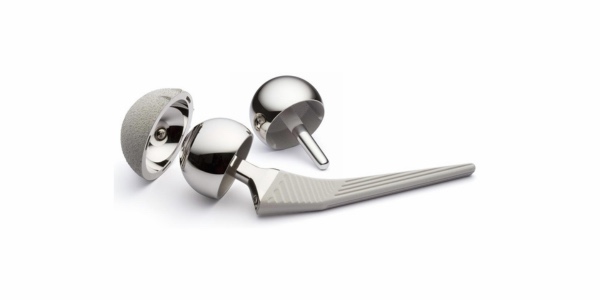Cemented vs. Cementless Hip Replacement: Which Option is Right for You?
When it comes to hip replacement surgery, one of the critical decisions is whether to choose a cemented or cementless implant. Both options have their unique advantages and disadvantages, and understanding these differences is essential for making an informed choice. Consulting with a qualified orthopedic doctor in Greater Noida can help you determine the best option for your specific needs. Let’s explore the pros and cons of each type.
Cemented Hip Replacement
Pros:
Immediate Stability: Cemented implants provide immediate fixation to the bone, allowing patients to start moving their hips sooner after surgery.
Suitable for Older Patients: This option is often preferred for older patients or those with poor bone quality, as the cement fills in the gaps and secures the implant effectively.
Predictable Outcomes: Cemented hip replacements have a long history of successful outcomes, providing confidence to both patients and surgeons.
Cons:
Potential for Loosening: Over time, the cement can break down, leading to loosening of the implant, which may necessitate revision surgery.
Limited Bone Growth: Since the implant is not directly integrated with the bone, there may be less bone growth around the implant compared to cementless options.
Cementless Hip Replacement
Pros:
Bone Integration: Cementless implants allow for bone growth into the implant, creating a more stable, long-term fixation that can last for many years.
Lower Risk of Loosening: These implants tend to have a lower rate of loosening over time compared to cemented implants, making them a favorable choice for younger, more active patients.
Less Cement-Related Complications: With no cement involved, there is a reduced risk of complications associated with cement use, such as allergic reactions or cement disease.
Cons:
Longer Recovery Time: Cementless implants typically require a longer recovery period before full weight-bearing is allowed, as the bone needs time to grow into the implant.
Not Ideal for All Patients: This option may not be suitable for patients with poor bone quality, such as those with osteoporosis, as inadequate bone support can lead to implant failure.
Which Option is Right for You?
Choosing between a cemented and cementless hip replacement ultimately depends on various factors, including your age, activity level, bone quality, and overall health. Consulting with the best ortho doctor in Greater Noida is crucial for evaluating these factors and making an informed decision tailored to your specific situation.
Conclusion
Understanding the pros and cons of cemented vs. cementless hip replacements will empower you to make the right choice for your hip surgery. By engaging in a thorough discussion with your orthopedic doctor in Greater Noida, you can navigate the complexities of this decision and move forward with confidence. Whether you opt for a cemented or cementless implant, having the support of a qualified ortho doctor in Greater Noida will ensure you receive the best care possible throughout your surgical journey.

